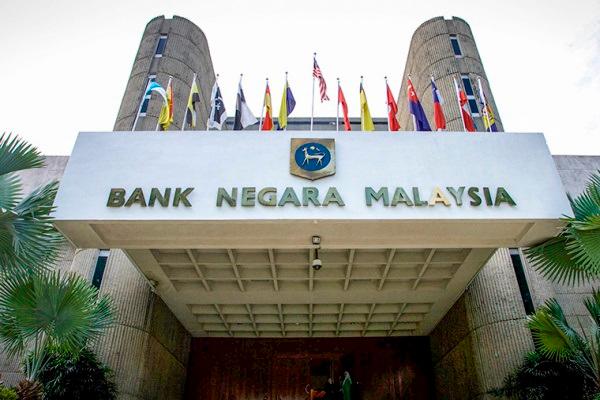PETALING JAYA: Bank Negara Malaysia has maintained the Overnight Policy Rate (OPR) at 3%, premised on an expanding global economy, recovery in global trade and resilient labour markets.
In a statement today, the central bank said at the current OPR level, the Monetary Policy Committee (MPC) stance remains supportive of the economy and consistent with the current assessment of inflation and growth prospects.
BNM said the MPC remains vigilant to ongoing developments to inform the assessment of the domestic inflation and growth trajectories going into 2025, and will ensure the stance remains conducive to sustainable economic growth amid price stability.
The central bank noted that positive labour market conditions, moderating inflation, and less restrictive monetary policy are expected to sustain global growth.
Global trade recovery is expected to continue, supported by both electrical and electronics (E&E) and non-E&E
products.
In addition, BNM also noted that the growth outlook remains subject to downside risks, mainly from further escalation of geopolitical tensions, volatility in global financial markets, and slower growth momentum in major economies.
On the domestic side, BNM said exports are expected to be further lifted by the global tech upcycle, given Malaysia’s position in the semiconductor supply chain and continued strength in non-E&E goods.
Tourist spending is expected to rise, supported by employment growth, wage increases, and favourable policy measures for household spending.
Investment activity is expected to remain strong, driven by ongoing multi-year private and public projects, catalytic initiatives under national master plans, and increased realisation of approved investments.
Higher intermediate and capital imports will further boost exports and investments. However, growth faces risks from weaker external demand and commodity production, while potential upsides include greater benefits from the tech upcycle, stronger tourism, and faster execution of investment projects.
Headline and core inflation averaged 1.8% in early 2024 and are expected to stay below 3% for the year.
Mitigation measures have contained price impacts, but inflation risks depend on domestic policies, global prices, and market trends.
Lower interest rate expectations and strong economic performance drive the ringgit’s recovery.
“Looking ahead, Malaysia’s positive economic prospects and domestic structural reforms, complemented by ongoing
initiatives to encourage flows will continue to provide enduring support to the ringgit,“ BNM said.









